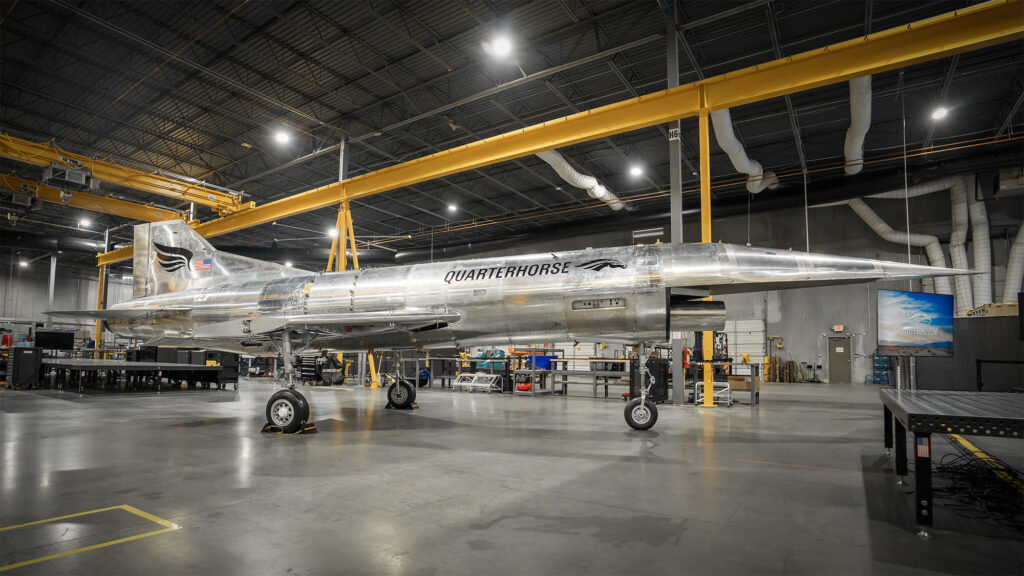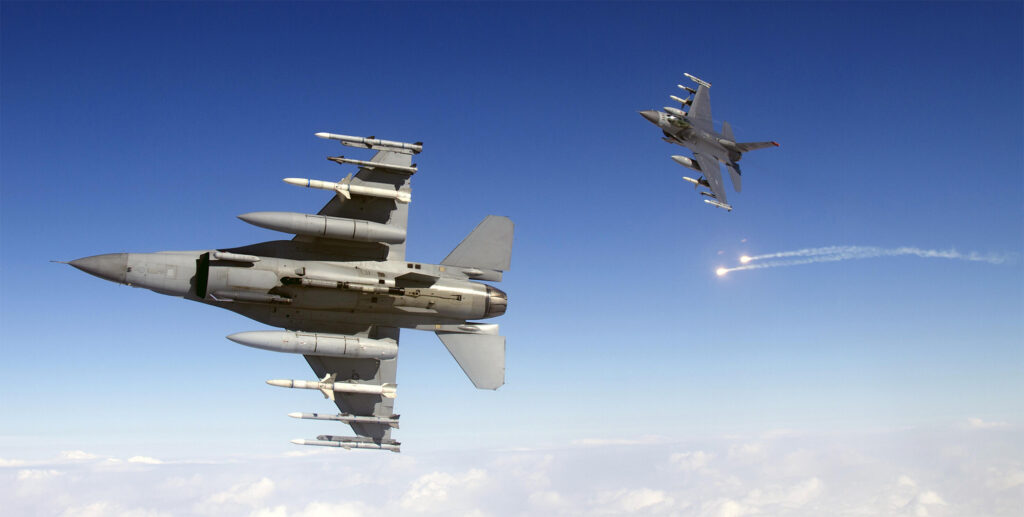The United States Space Force, America’s newest military branch, may still be getting its footing under it, but according to the Space Force Commander, General John “Jay” Raymond, it may already be facing its first potential threat.
Two Russian satellites, one of which was launched from within the other, have closed to within 100 miles of vital American surveillance satellites. While a hundred miles may seem like a significant distance, in the expanse of the orbital space above our heads, that’s a little too close for comfort. Although Russia has made no statements indicating that these satellites could pose a threat to the American assets in nearby orbit, their presence alone is cause for alarm.
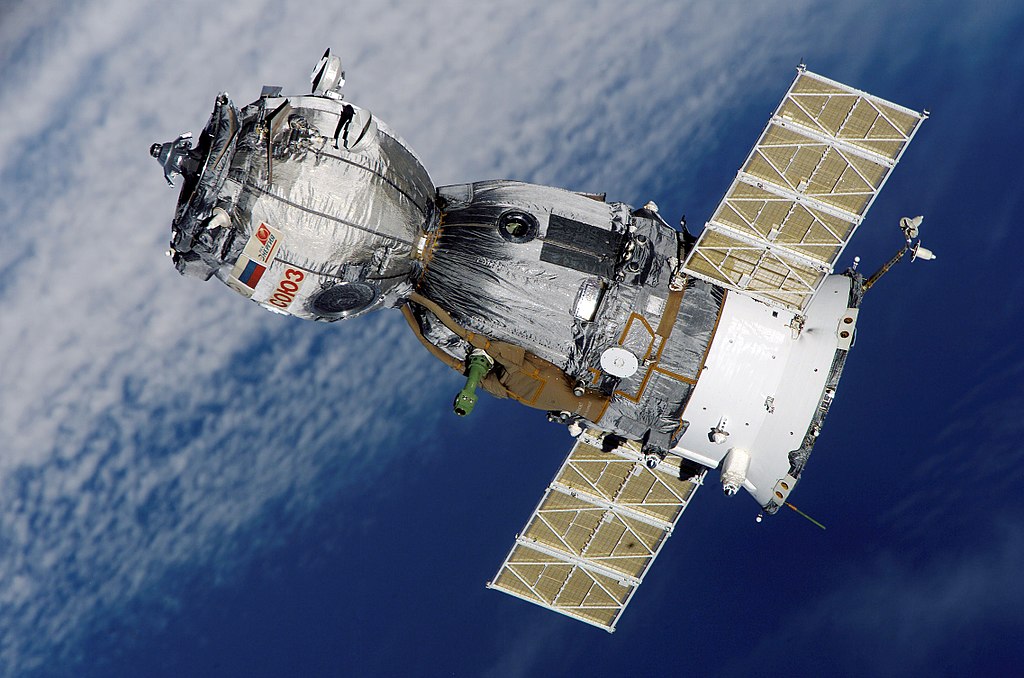
“This is unusual and disturbing behavior and has the potential to create a dangerous situation in space,” Raymond said. “The United States finds these recent activities to be concerning and do not reflect the behavior of a responsible spacefaring nation.”
This isn’t the first time Russia’s satellites have been accused of behaving dangerously, or worse, nefariously, in recent history. In September of 2018 the Russian government was accused of using its semi-autonomous inspector satellites to eavesdrop on a joint French and Italian military communications satellite.
“Attempting to listen to your neighbors is not only unfriendly, it’s an act of espionage,” French Defence Minister Florence Parly said at the time.
“We are in danger. Our communications, our military exercises, our daily lives are in danger if we do not react,” Parly continued.
Although Russian officials criticized the United States for “militarizing space” with the advent of the Space Force, Russia’s military Space Forces, which fall under Russia’s Aerospace Forces in much the same way the American Space Force falls under the Air Force, was re-established in 2015, after being disbanded in 2011.
“I have heard many people mock the announcement of the creation of an American Space Force. I am not one of them… all I see is an extremely powerful sign, a sign of future confrontations,” Parly said.
The realization that one of Russia’s inspector satellites may have now set its sights on an American spy satellite was first brought the public’s attention on January 30, thanks to a graduate student at Purdue University named Micheal Thompson. He posted his discovery to Twitter over a series of tweets.
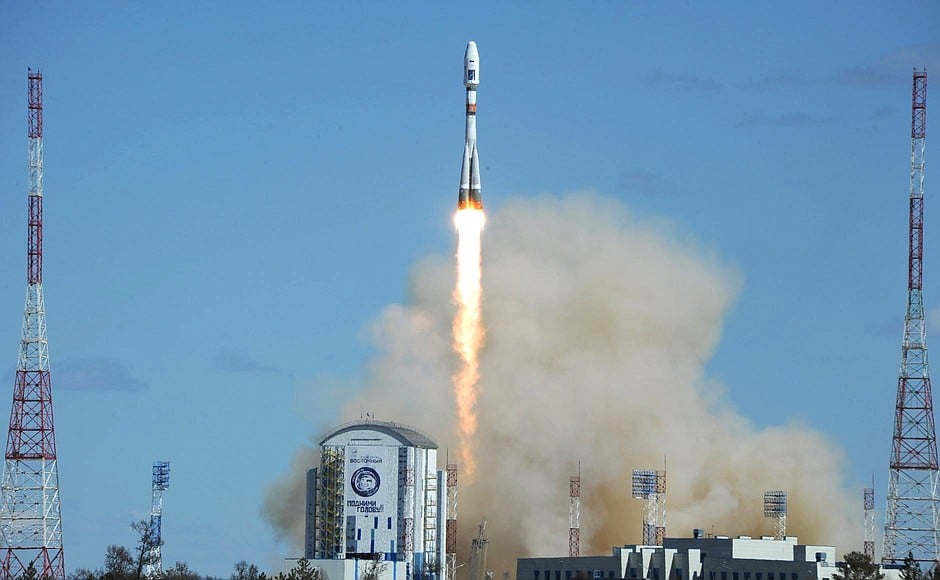
“This is all circumstantial evidence, but there are a hell of a lot of circumstances that make it look like a known Russian inspection satellite is currently inspecting a known US spy satellite,” Thompson wrote. “A pretty thorough look of the satellite catalog can’t produce another potential target that looks as good as this in terms of the orbits and viewing geometry.”
It’s difficult to assess what the Russian satellites may be up to, but based on the classified nature of the American satellite, Russia could be gathering a number of different kinds of intelligence, including what visible equipment there is on the American spy satellite and where it’s focus may be oriented. Because satellites transmit their data through the air, it’s also possible for the Russian inspector satellites to be gathering signal intelligence.
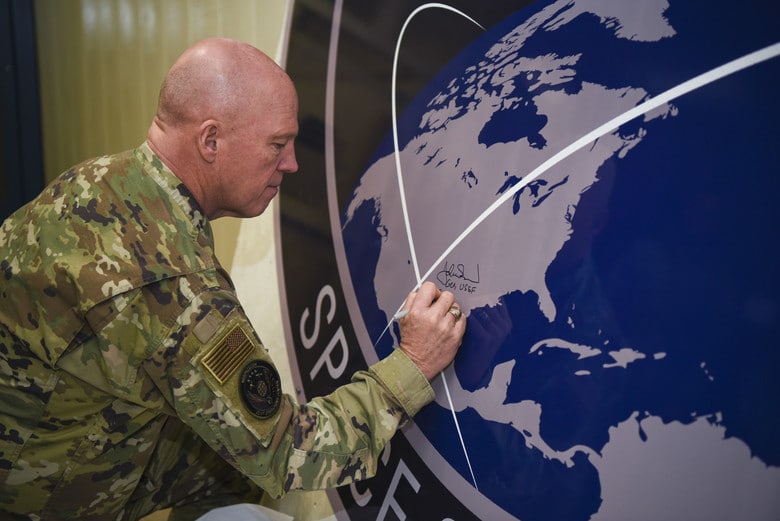
It’s also possible that the Russian satellite isn’t necessarily gathering intelligence on the satellite itself, so much as the American response to its proximity. It’s no secret that Russia and China have worked to develop multiple anti-satellite weapons, with the understanding the America’s military is reliant on a constellation of assets in orbit for everything from positioning to communications. Russia may be testing the new Space Force as they establish further anti-satellite protocols they can utilize in the event of an armed conflict.
“In any other domain,” Raymond said, such a move “would be interpreted as potentially threatening behavior.”
The Russian government has not acknowledged any wrongdoing and have instead stuck to their story that the one satellite (that has now become two) is simply tasked with assessing the “technical condition of domestic satellites,” according to Russia’s state-owned Tass News.
Feature image courtesy of WikiMedia Commons

